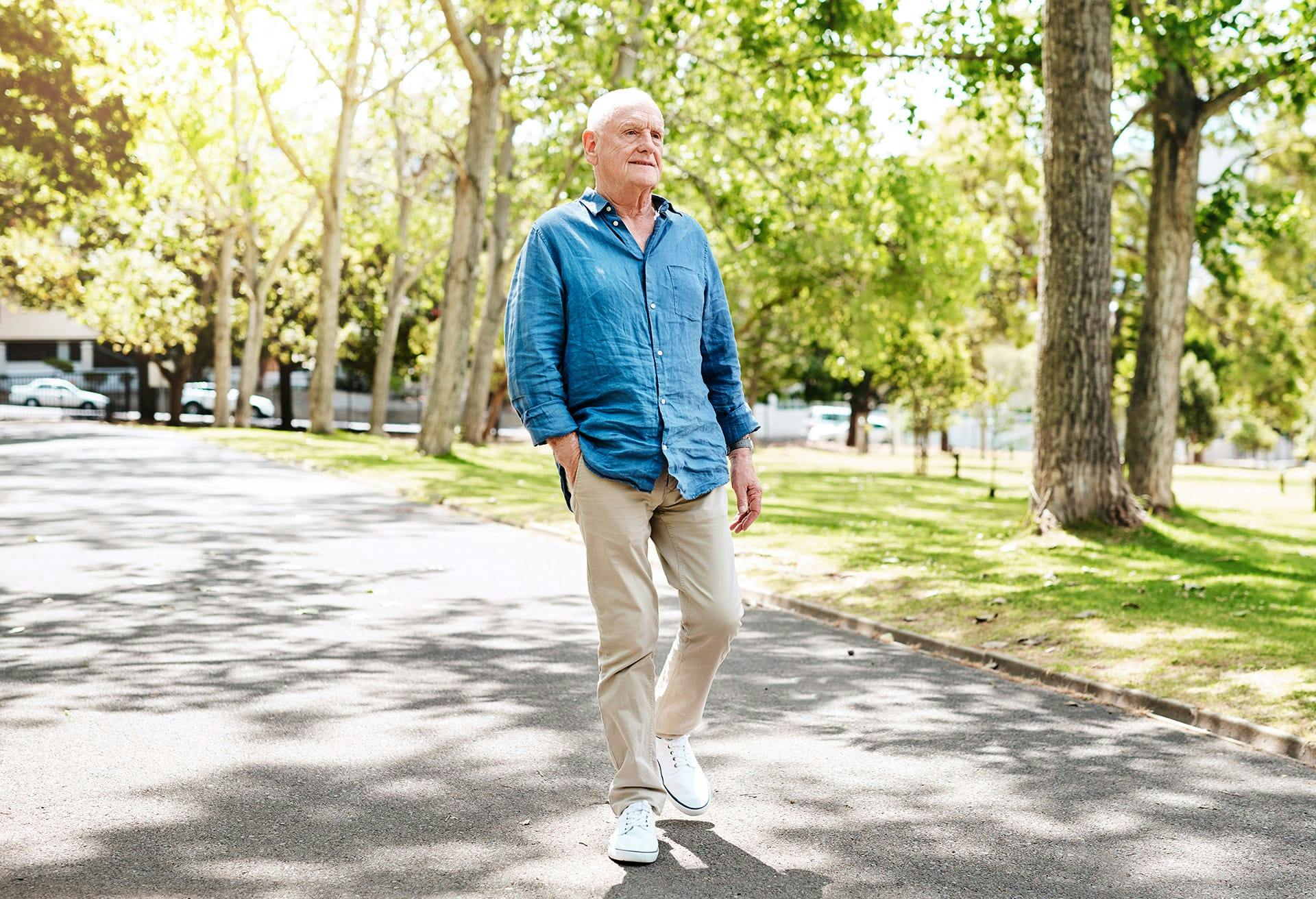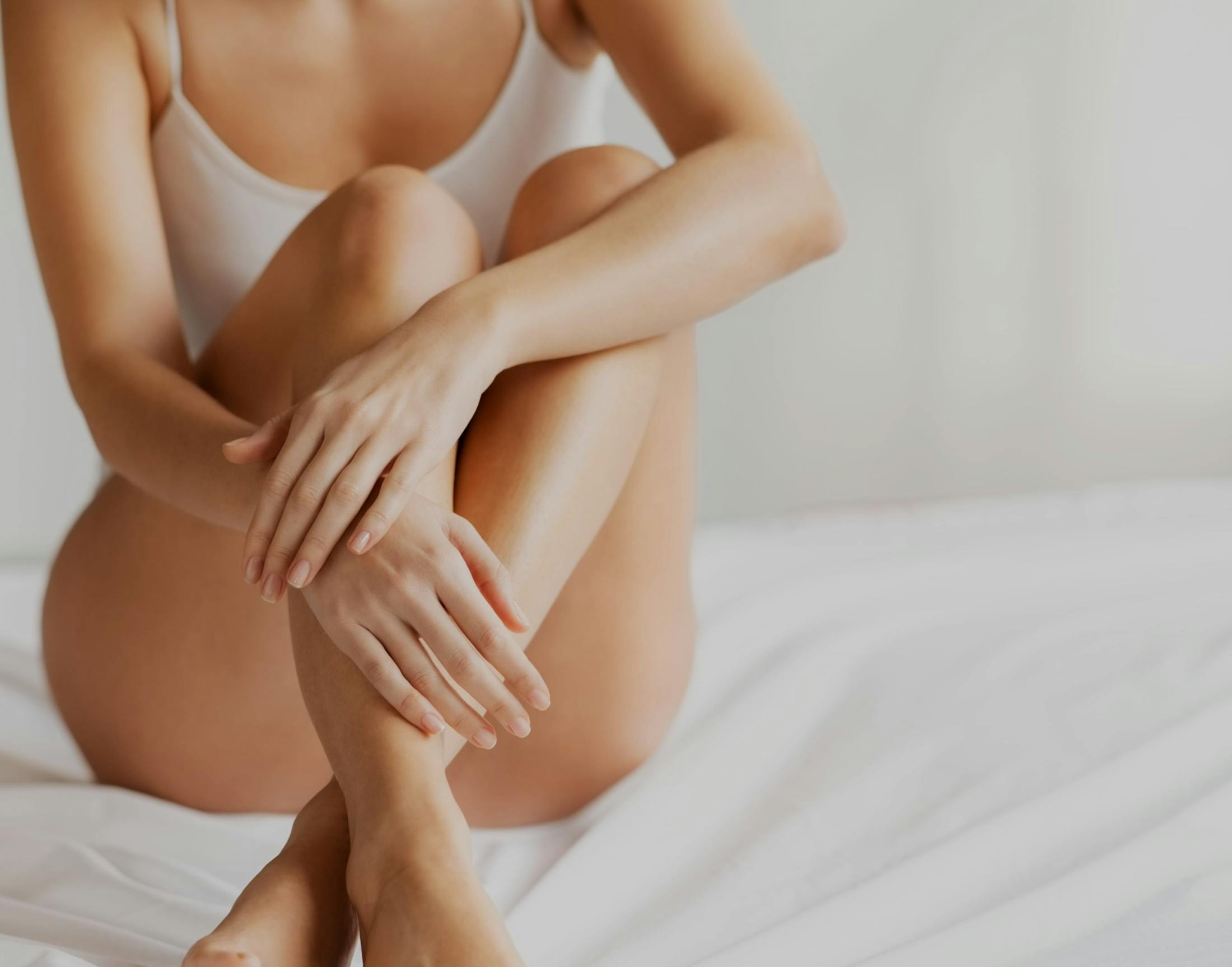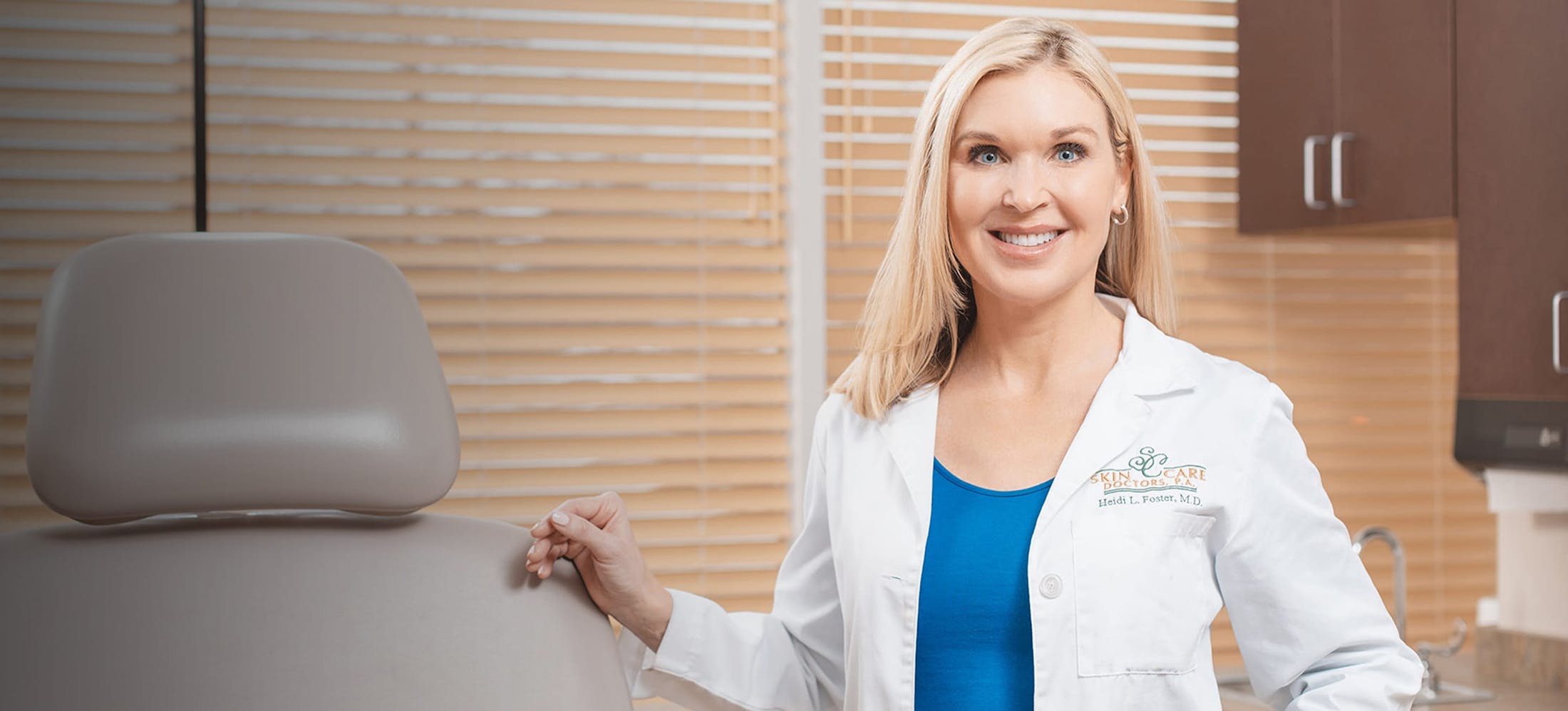Venous ulcers are chronic wounds on the lower leg or ankle, typically due to poor circulation. Spartz Vein offers a comprehensive treatment plan to minimize their impact on your life.
Who Gets Venous Ulcers?
Venous ulcers are most commonly found in older adults, typically over the age of 65. They are also more common in women than in men. People with a history of deep vein thrombosis (DVT), varicose veins, obesity, or a family history of venous insufficiency are also at a higher risk of developing venous ulcers. Other risk factors for venous ulcers include smoking, a sedentary lifestyle, and certain medical conditions such as diabetes, high blood pressure, and heart disease. In addition, people with a previous venous ulcer are more likely to develop another one in the future.




